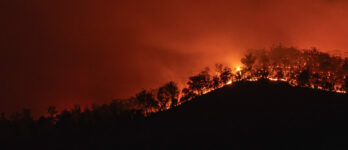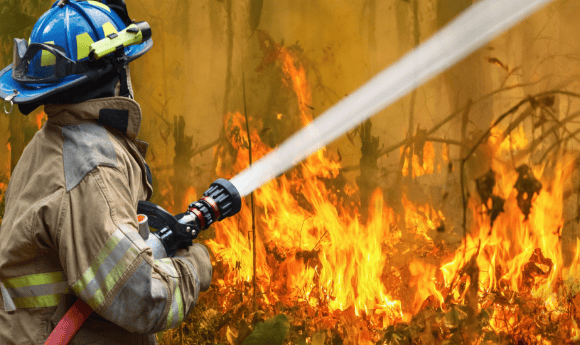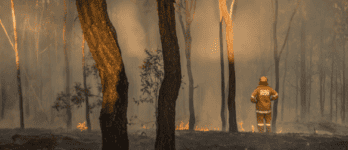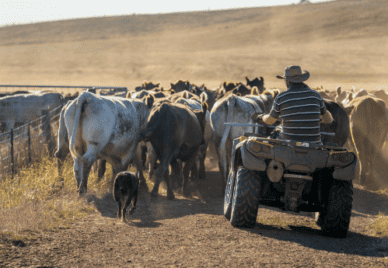
Timeframe
ARDC Co-investment
This work has established a nationally aggregated and harmonised data asset on past fires burnt extent boundaries for Australia. Through collaboration between national, state and territory agencies, standardised state and national products have been produced. This work has supported the agencies for the supply of datasets on geospatial boundaries of past fires to fill a long-standing gap and demand for national fire history datasets. With improved satellite imagery data supply and cloud computing processing power, a satellite derived historical fire history for the nation has also been created. This work will support bushfire research as well as National Emergency Management, National Fire Danger Ratings System and associated risk management operations.
Timeframe
ARDC Co-investment
Fuel data describes the combustible materials in a defined space and its related attributes such as type, amount, structure and moisture. Accurate estimation of fuel, alongside information about the type of vegetation at a location is key to managing and mitigating bushfire risk. Multiple organisations across different jurisdictions collect and use fuel data. However, there is no coordinated approach and community standards to harmonise, aggregate and share fuel data parameters across different stakeholders. This work has defined implementation processes and systems for ongoing sharing of fuel data and related attributes for meeting the needs of multiple stakeholders and to better enable Australia-wide bushfire response and preparedness.
Timeframe
ARDC Co-investment
The efficient national monitoring of fuel conditions is very important to understand bushfire behaviour and risk, as highlighted by the Bushfire Earth Observation Taskforce, the NSW Bushfire Inquiry and the National Royal Commission for Natural Disaster Arrangements. This work has contributed towards compiling and sharing existing field and remote sensing observations of fuel attributes such as fuel load, structure and moisture in a national database. This national database is used to improve remote sensing products and is publicly available to support other research programs. The national fuel attributes databases will have direct benefits to bushfire planning and response given the fuel data will also be readily available for assessing bushfire risk, predicting fire behaviour, informing suppression efforts and planning prescribed burns.
Timeframe
ARDC Co-investment
The fire behaviour modelling platform Spark is now available as a bridge from data acquisition, processing and modelling to operation and assessing bushfire risk. The platform is a proving and testing ground for new data, models and analytics. It is a collaborative, open environment for researchers, agencies and stakeholders, and it is open for use by stakeholders for research as well as operational evaluation. The aim is to create a model where there is a clearly articulated process for translating bushfire research into operational use from a predictive modelling perspective.
Timeframe
ARDC Co-investment
The objective of this project was to deliver a robust and enduring framework to facilitate the development of new understanding of bushfire behaviour through simple access to core data sets. This work has looked at technological and trust barriers, and barriers associated with sharing data and tools. The AFAC proposes to use its extensive collaboration network to create an enduring capability.
Timeframe
ARDC Co-investment
This project has delivered key elements towards a bushfire fuel data commons, supporting the use of the national fuel data in national bushfire simulation and other fire prediction systems. This includes fuel classification, algorithms used to calculate fuel attributes and frequently updated observed fuel attributes such as load, structure and dryness.
Timeframe
ARDC Co-investment
This project developed and implemented a trusted and harmonised research data management framework and data catalogue for natural hazards research. While developed initially for internal NHRA use, the outputs will be made openly available to the research community at large.






